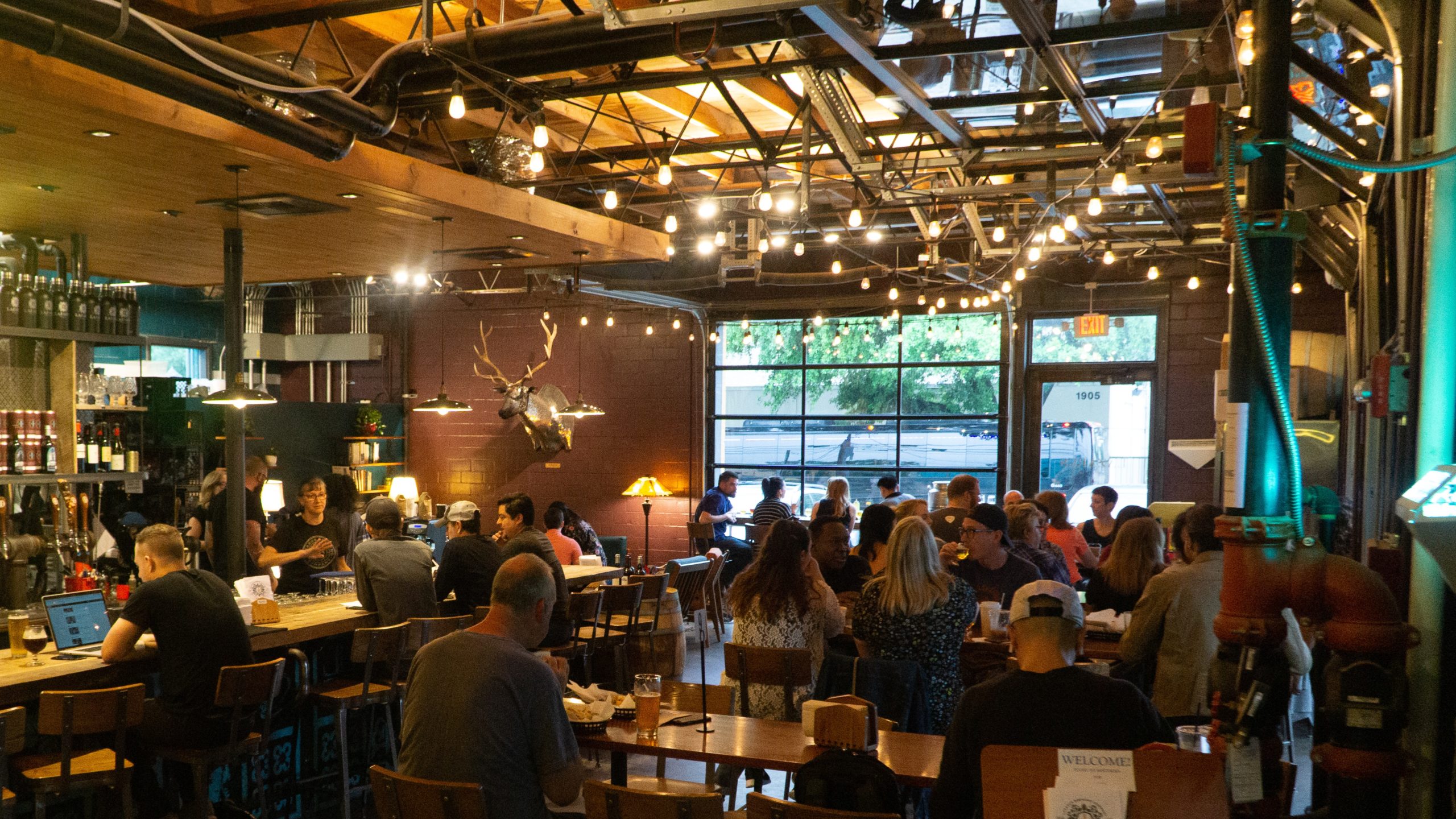Written by Sarah Ortiz, RD, LD
Entering and remaining in recovery from an eating disorder is hard work, especially when we live in a diet culture crazed world where calories and health fads are put on a pedestal. While going out to eat with friends or family may be an event some look forward to, it can be an overwhelming and challenging task for others. Continue reading for a few tips on navigating dining out in recovery.
- Plan ahead. Try looking up the menu online ahead of time and choose an entrée that sounds good before even arriving to the restaurant. This can eliminate the stress of choosing an item while at the restaurant and allow you to enjoy the experience more. If you are tempted to look at the nutrition content on the online menu, ask for support from a loved one to help you
- Stick to a plan. If you are able to choose an entrée prior to arriving, try not to change your mind last minute. It can also be helpful to think about what skills you might use ahead of time if challenges arise during the meal.
- Do not go to the restaurant hungry! While this may sound odd initially, adequately fueling the body throughout the day allows the body to send appropriate signals to tell us when we feel hungry or full. By arriving to the restaurant when comfortably hungry you are more likely to have a pleasant restaurant experience and not eat past comfortable fullness.
- Consider nixing the menu all together! If the calorie content is listed on the menu and this is triggering, consider covering the numbers with a napkin or opting to not look at the menu at all. Depending on the style of restaurant, choose a generic entrée that sounds good and ask a loved one to read you the specific options available. For example, if you are at a Mexican restaurant and enchiladas sound appealing, ask a trusted support person to read the different types of enchiladas available instead of looking at the menu to avoid choosing something based on calories.
- Focus on the company. Especially early on in recovery, going out to eat with people that you love and trust can be helpful. Focusing on the people that you are with and engaging in conversations not centered around food or eating can help ease some of the challenges that accompany eating out.
- Be kind to yourself! Eating out at any stage in recovery can present unique challenges. Remembering that the goal isn’t to perfectly navigate menus and restaurants, but rather find what works best for you can take some of the pressure away.
While navigating restaurants may not be easy an easy task, it is an important part of recovery and there are many ways to make dining out a more positive experience. Talking with your providers beforehand to create a plan, and asking for support from loved ones during and after the meal can also be beneficial. Remember that even if it is difficult to dine out, you are making huge strides in your recovery by challenging yourself around food!
References:
- https://www.eatingrecoverycenter.com/resources/9-tips-eating-restaurants-while-in-eating-disorder-recovery
- https://balancedtx.com/blog/navigating-restaurant-dining-in-eating-disorder-recovery
